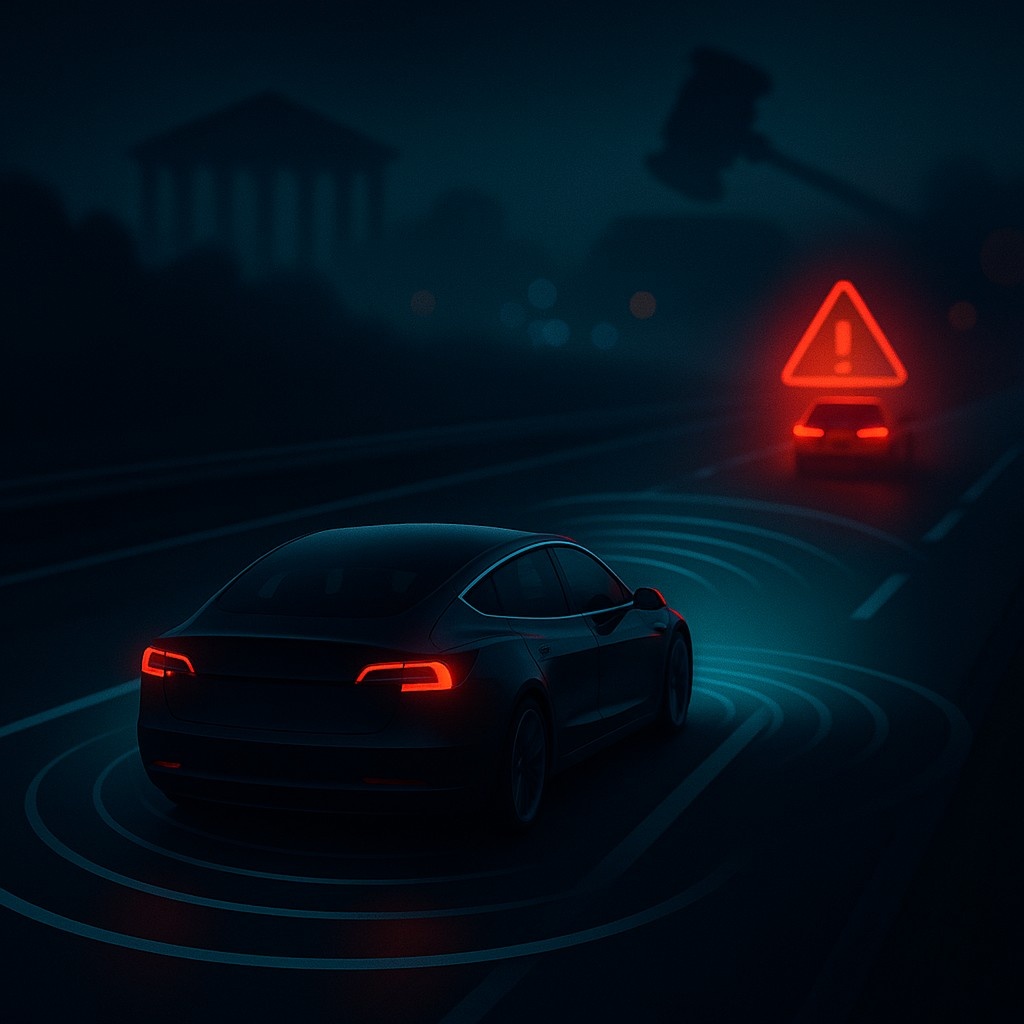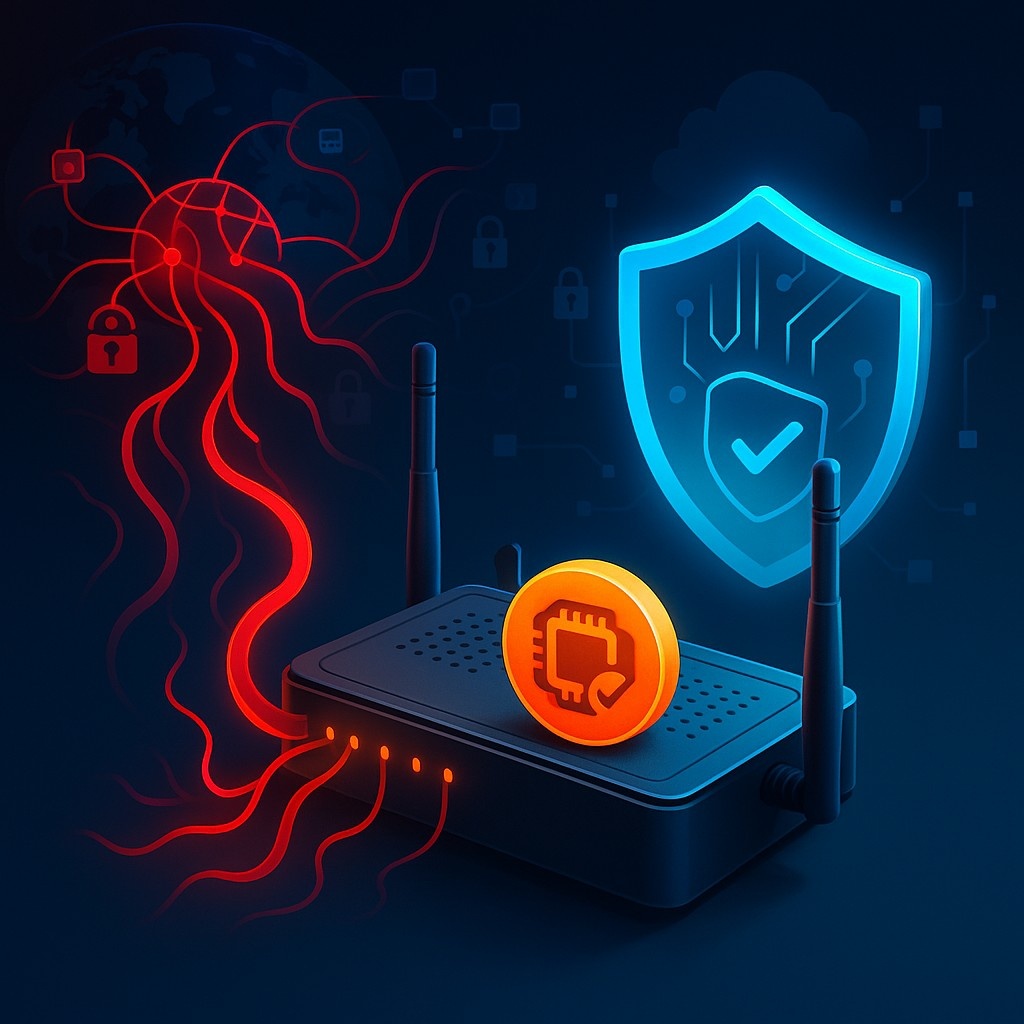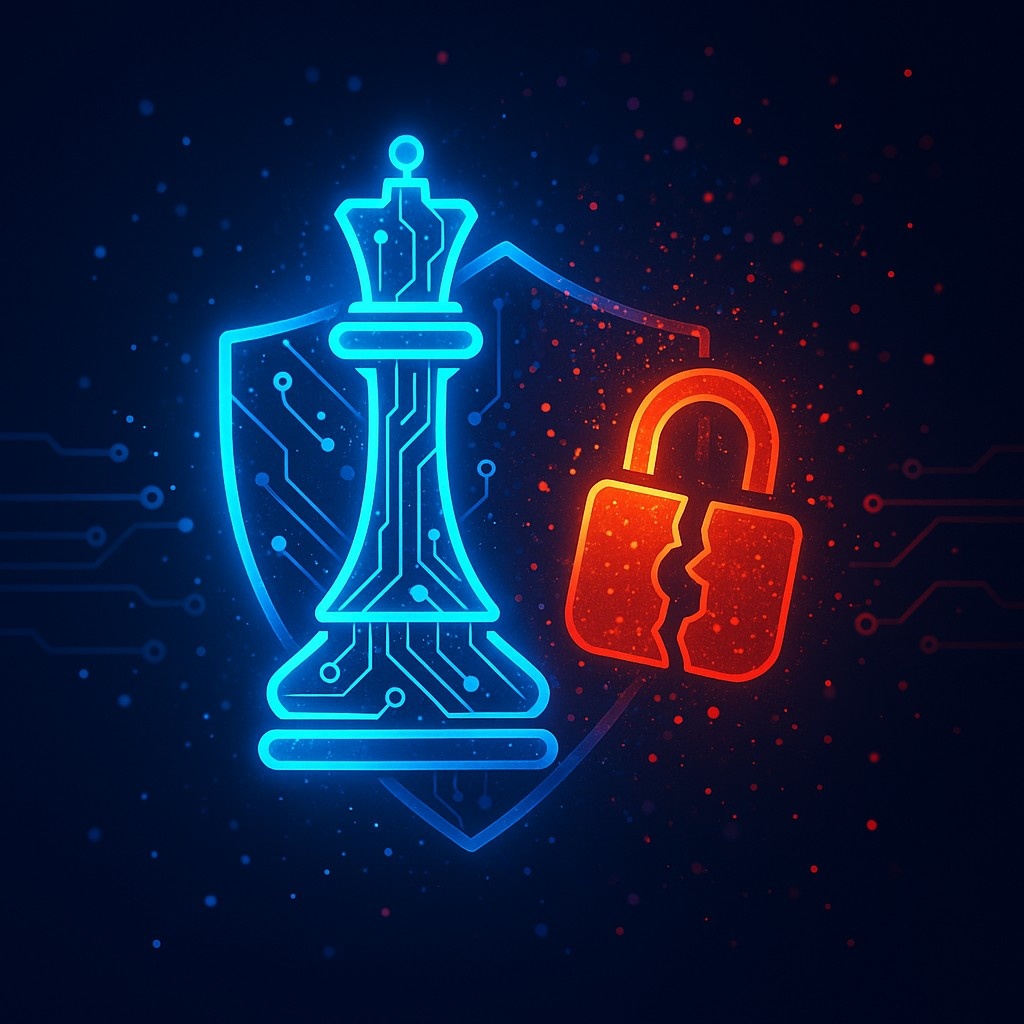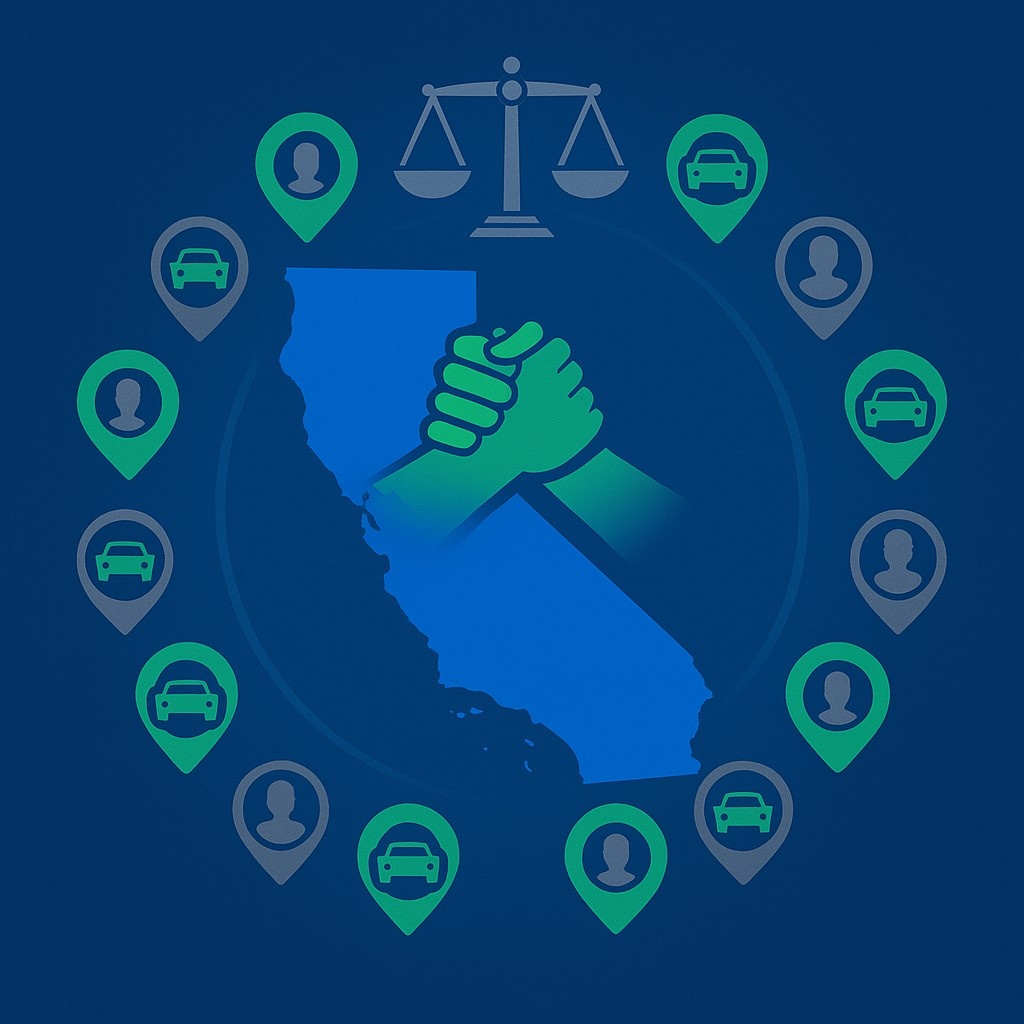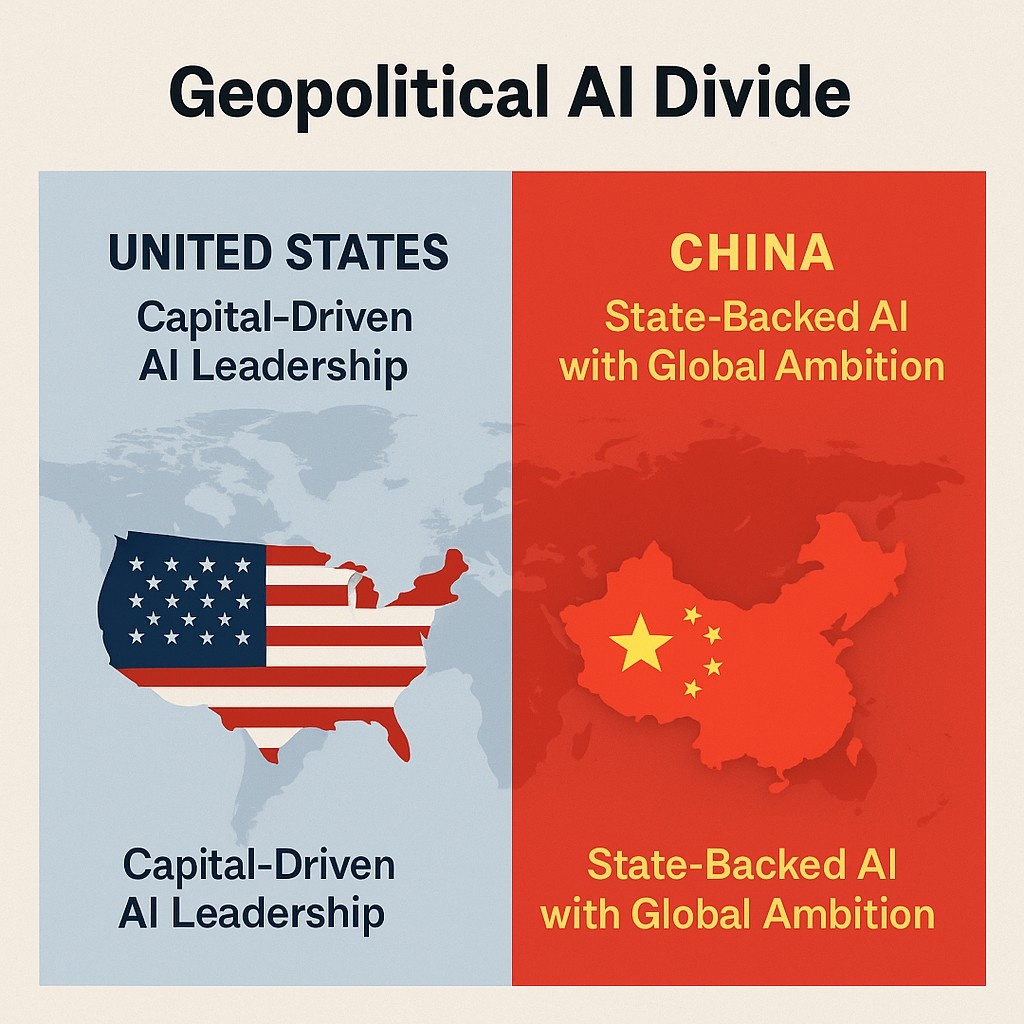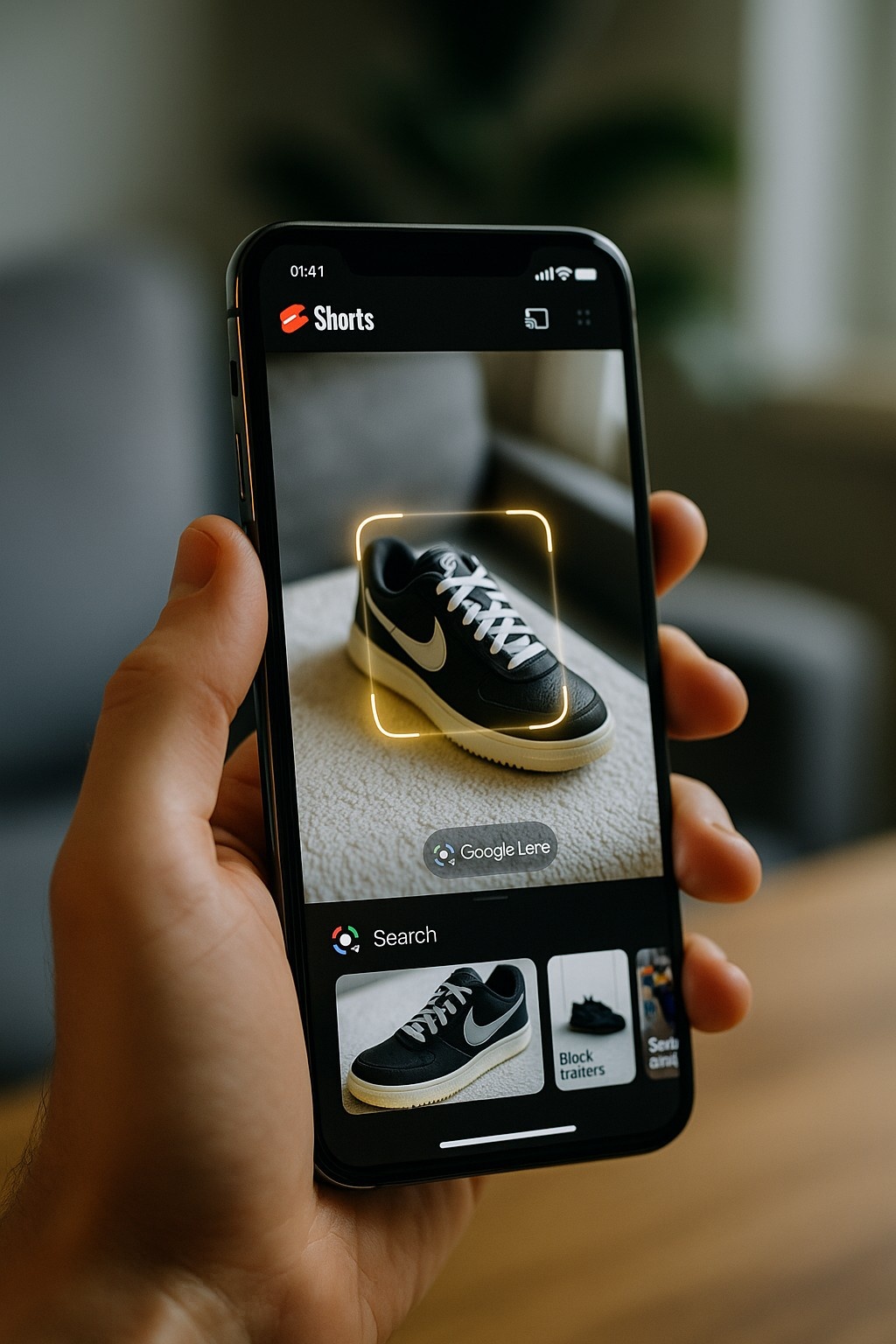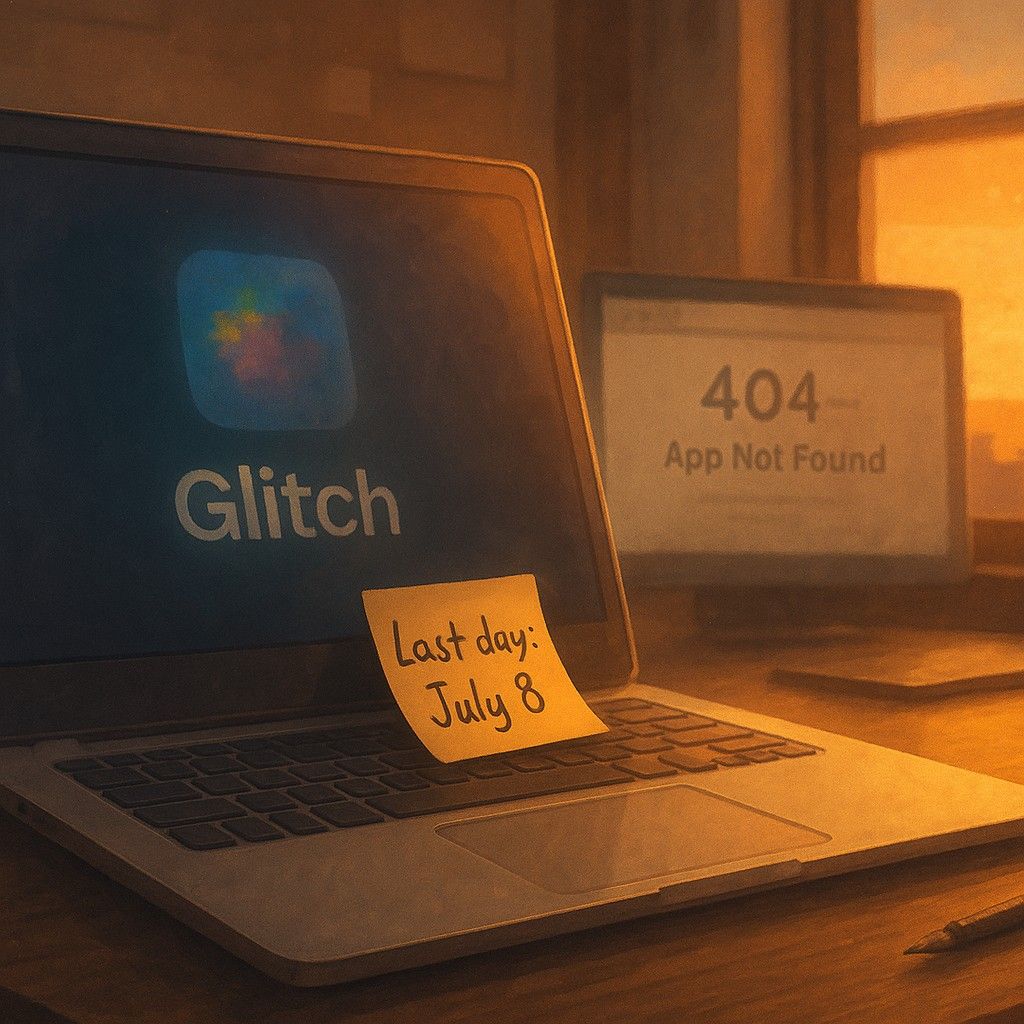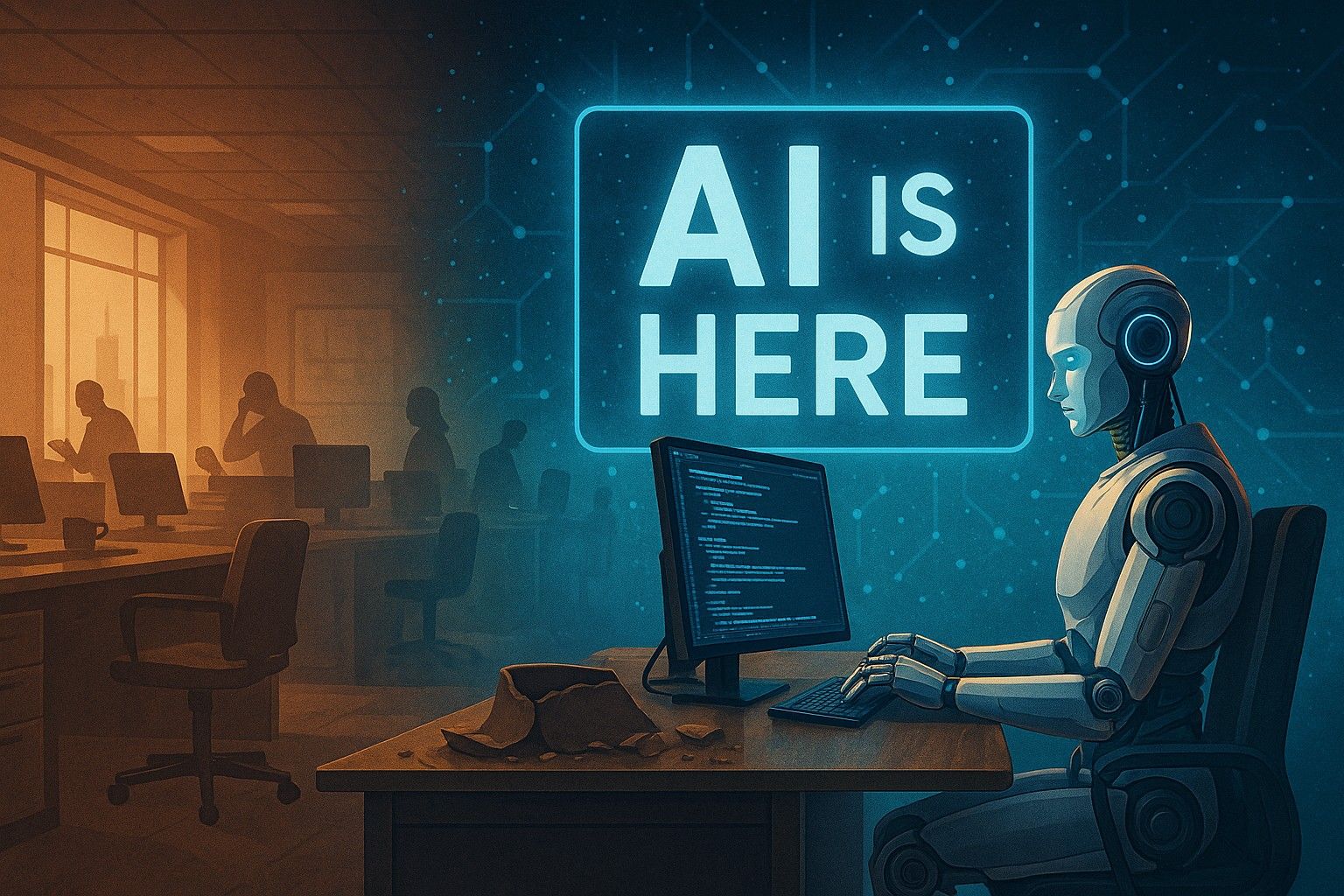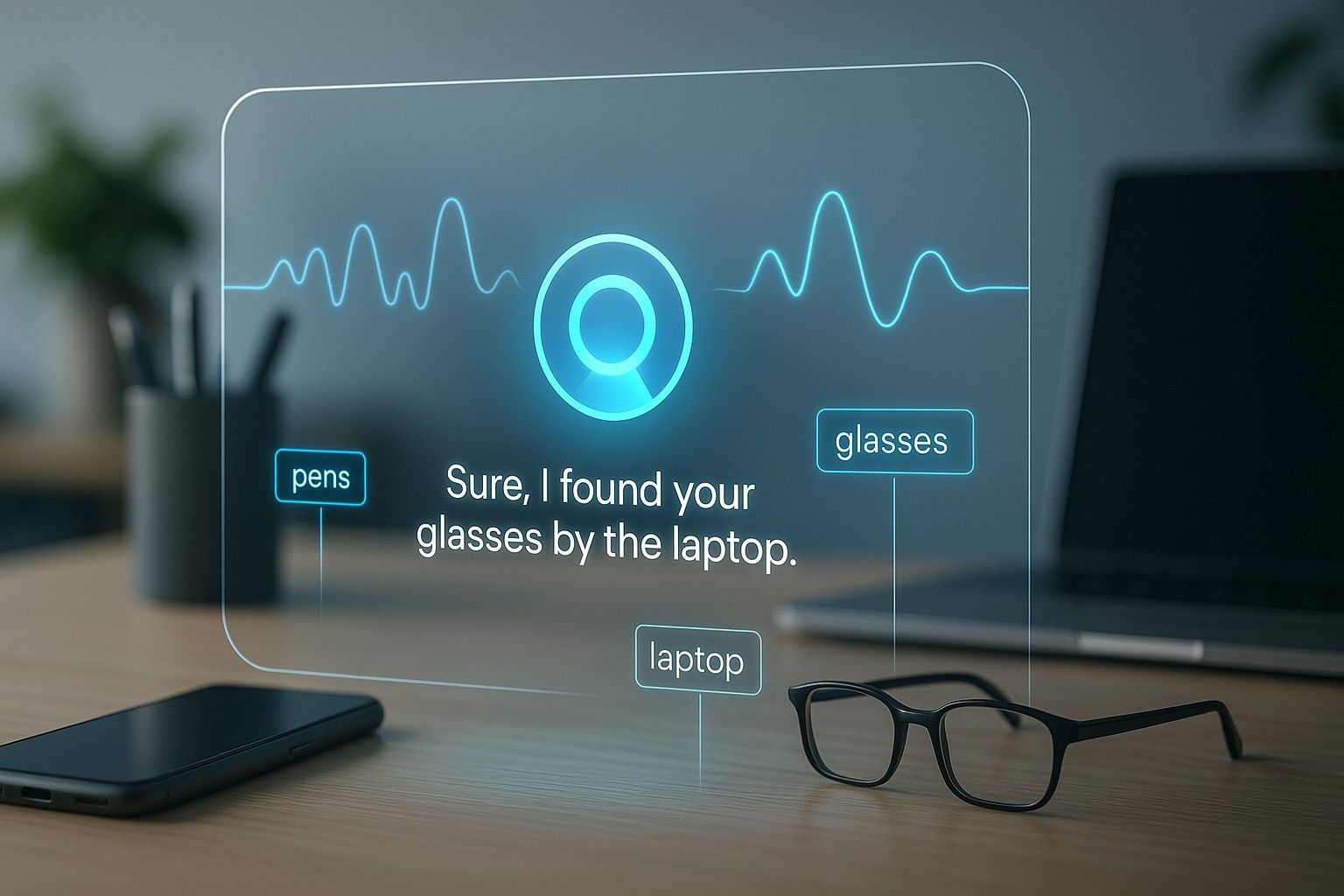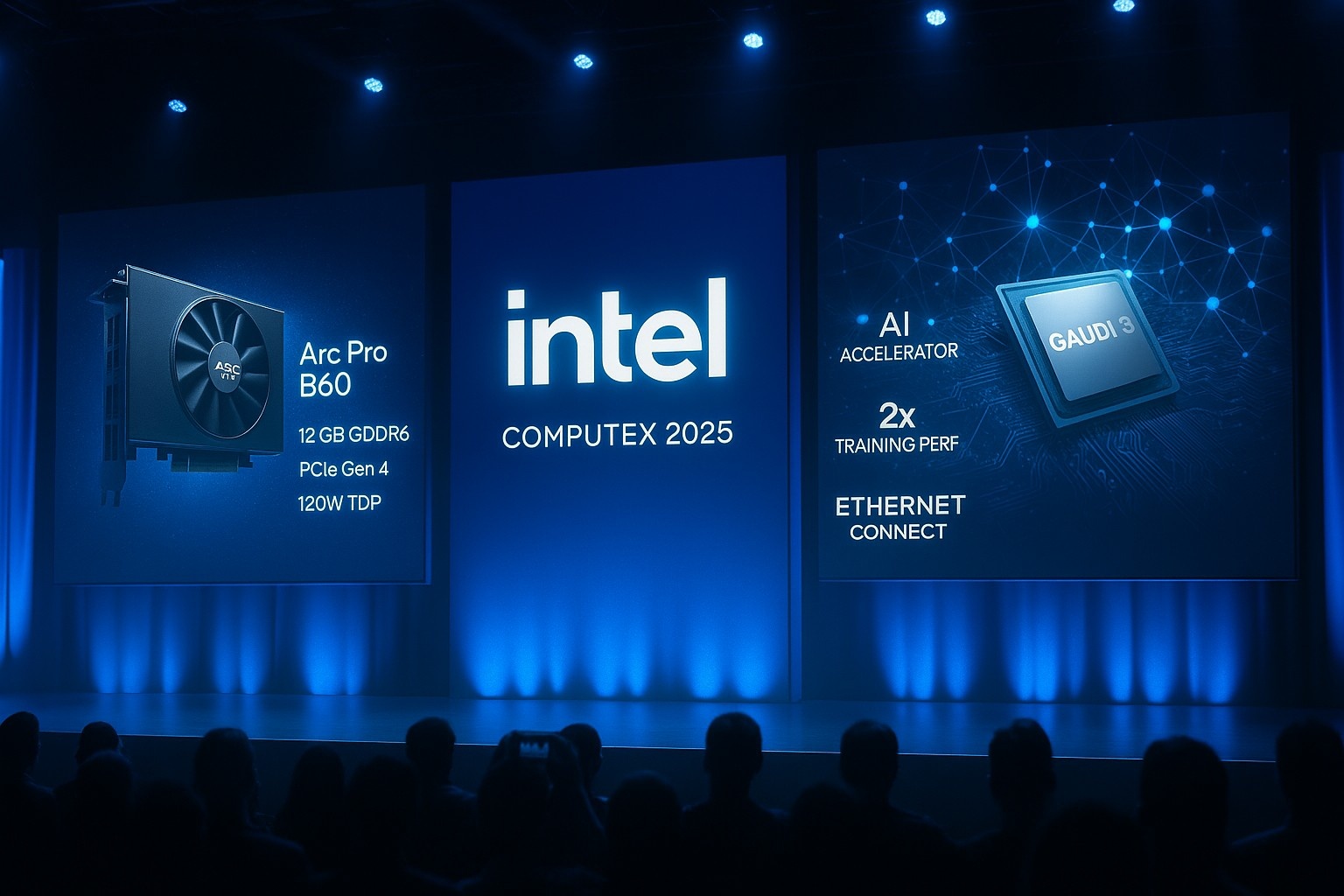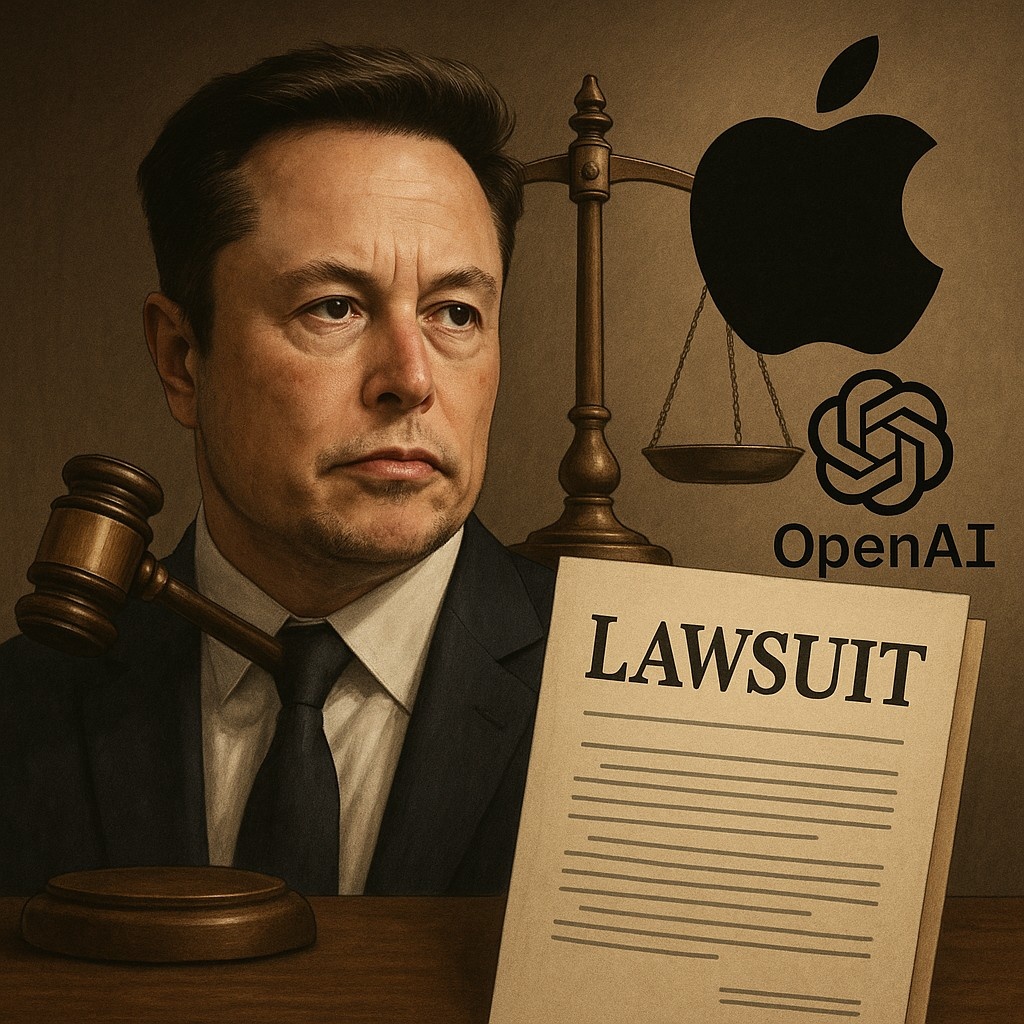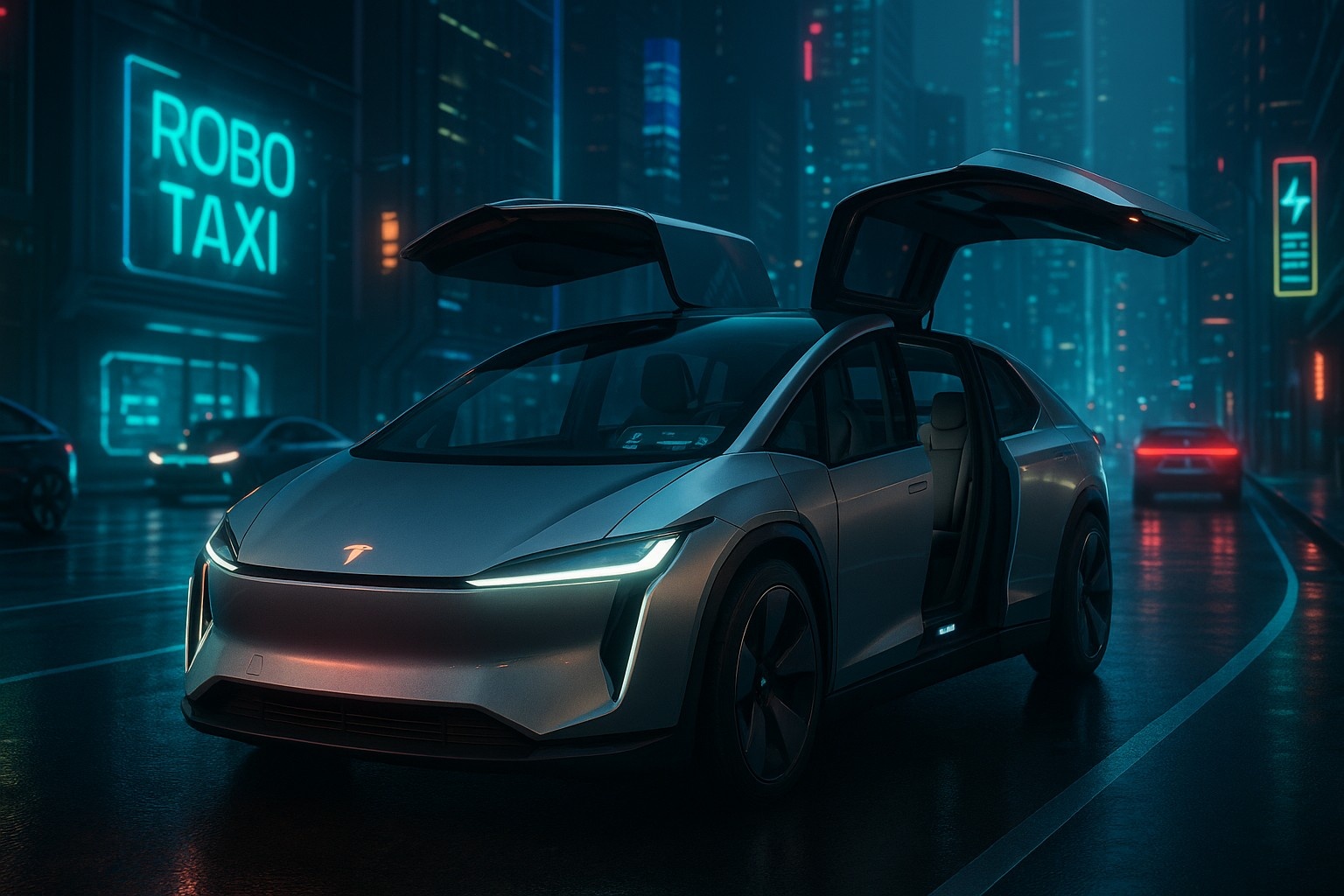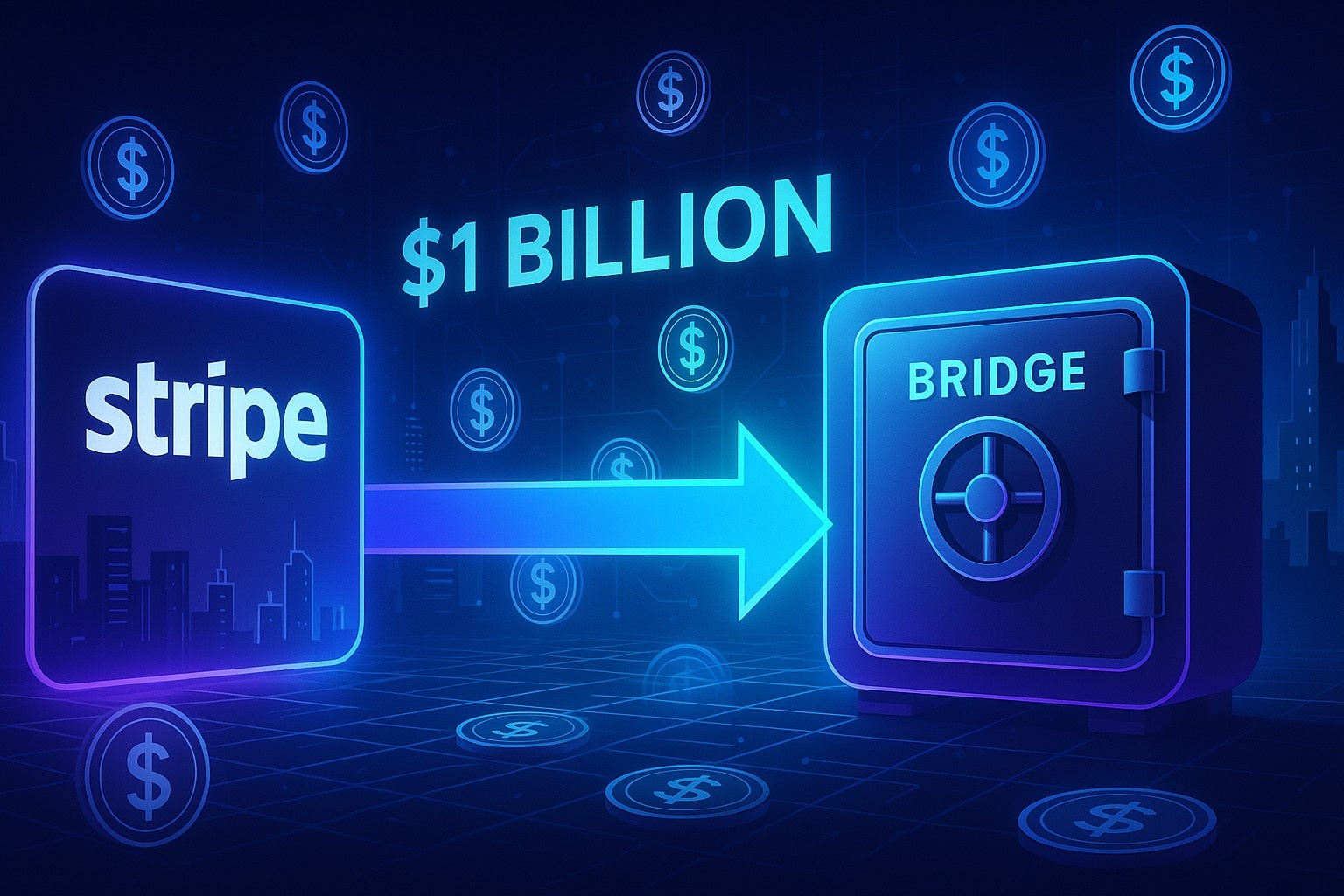Tesla Fights $243 Million Verdict Over Autopilot Crash Liability
The case tests automaker liability when semi-autonomous tech is involved in fatal accidents.
Tesla is fighting back after a Florida jury ruled that its Autopilot driver-assist system was partly responsible for a fatal crash, awarding $243 million in damages to victims’ families. The case marks one of the most significant legal tests yet of how much blame automakers bear when their semi-autonomous technology is involved in deadly accidents.
The Crash and the Verdict
The case stemmed from a 2019 crash in Key Largo, Florida, where a Tesla Model S operating on Autopilot failed to stop at a stop sign. The car slammed into a parked vehicle, killing Naibel Benavides Leon, 22, and injuring her boyfriend, Dillon Angulo.
The driver, George McGee, admitted that he was looking at his phone and did not attempt to brake. A federal jury in Miami concluded he bore two-thirds of the blame. But it also found that Tesla carried one-third of the responsibility, because Autopilot failed to prevent the crash.
The jury’s award included $129 million in compensatory damages and $200 million in punitive damages, for a total of $243 million. This verdict shook the auto industry, as it is one of the first times a court has directly assigned liability to an advanced driver-assist system like Tesla’s Autopilot.
Tesla’s Response
Tesla’s legal team quickly filed motions asking the court to throw out the verdict or order a new trial. The company argues that the outcome is legally flawed and dangerous for innovation. Tesla’s position is straightforward:
- The driver was reckless – McGee violated Tesla’s instructions to stay attentive and keep hands on the wheel. By texting while driving, he broke the most basic rules of safe driving.
- Autopilot is not defective – Tesla insists its system is not “unreasonably dangerous,” which is the legal standard required to hold manufacturers liable.
- The jury was swayed by bias – Tesla claims that irrelevant mentions of Elon Musk, past crashes, and other controversies unfairly prejudiced the jury.
- Innovation could be stifled – Holding Tesla liable when drivers misuse technology could discourage automakers from rolling out safety features at all, the company argues.
In short, Tesla believes the case was wrongly decided and that punishing the company for a distracted driver’s negligence “flies in the face of common sense and tort law.”
The Role of Data
A surprising twist in the trial was the emergence of hidden crash data. Tesla initially said it could not find detailed logs from the car. Later, an independent hacker known as “greentheonly” discovered a data snapshot from the Autopilot unit at a Starbucks Wi-Fi hotspot.
This file showed that Autopilot did recognize obstacles and attempted to calculate an avoidance path. However, Tesla only acknowledged having the data on its servers much later. The revelation raised questions about whether Tesla had been fully transparent with investigators and the court.
This data point may have influenced jurors in deciding that Autopilot bore some responsibility for the tragedy.
Why This Case Is So Important
This lawsuit is considered a bellwether case for the self-driving and driver-assist industry. Its implications go far beyond Tesla:
- Legal accountability for Autopilot-like systems
Until now, most carmakers argued that driver-assist systems are tools—not replacements for human drivers. But the verdict shows juries may be willing to assign liability if the technology doesn’t act as expected in critical situations. - Marketing vs. responsibility
Tesla has long promoted Autopilot and “Full Self-Driving” features aggressively, sometimes with names that suggest more autonomy than they truly deliver. Plaintiffs argued that this gave drivers a false sense of security, making them more likely to misuse the system. - Industry-wide consequences
If the verdict stands, automakers could face more lawsuits whenever a semi-autonomous feature fails to prevent a crash. Companies may need to rethink how they advertise, design, and warn users about advanced driving systems.
Tesla’s Legal Arsenal
Tesla has hired some of the top appellate lawyers in the U.S., including Theodore Boutrous Jr., Miguel Estrada, and Paul Clement, a former U.S. Solicitor General. This high-powered team is working to overturn the jury’s decision or reduce damages. Their argument is not just about one case—it’s about shaping the legal landscape for autonomous driving liability.
The Stakes for Tesla
Tesla reportedly rejected a $60 million pre-trial settlement offer, believing it could win outright. Now, with a $243 million judgment, the company faces a painful financial and reputational setback if its motions fail.
If the verdict is upheld, Tesla may have to pay the full award, more lawsuits could follow, and regulators might scrutinize Tesla’s marketing and safety claims more aggressively. If Tesla wins a retrial or gets the verdict overturned, the company avoids a costly payout and preserves legal ground to argue that ultimate responsibility lies with distracted drivers, not assistive technology.
Broader Impact on the Auto Industry
Other automakers are watching closely. Companies like General Motors (Super Cruise), Ford (BlueCruise), and Mercedes-Benz (Drive Pilot) are rolling out advanced driver-assist and semi-autonomous systems.
If courts begin holding manufacturers liable for how these systems behave in real-world crashes, the cost of insurance, product design, and legal risk could skyrocket. At the same time, stricter accountability could pressure companies to improve safety features and set clearer expectations for drivers.
Final Thoughts
The Tesla Autopilot case is about more than one accident. It’s about how society will assign blame in an era where humans and machines share driving duties.
- For victims’ families, the verdict represents justice and recognition that technology played a role.
- For Tesla, it’s a dangerous precedent that could invite more lawsuits and threaten its self-driving ambitions.
- For the industry, it’s a warning: advanced driver-assist features may carry legal responsibility, not just marketing hype.
A judge’s ruling in the coming weeks will decide whether Tesla gets a new trial or must accept the $243 million judgment. Whatever the outcome, this case will shape the future of autonomous vehicle law in America—and determine just how accountable carmakers will be when their tech is put to the ultimate test.
